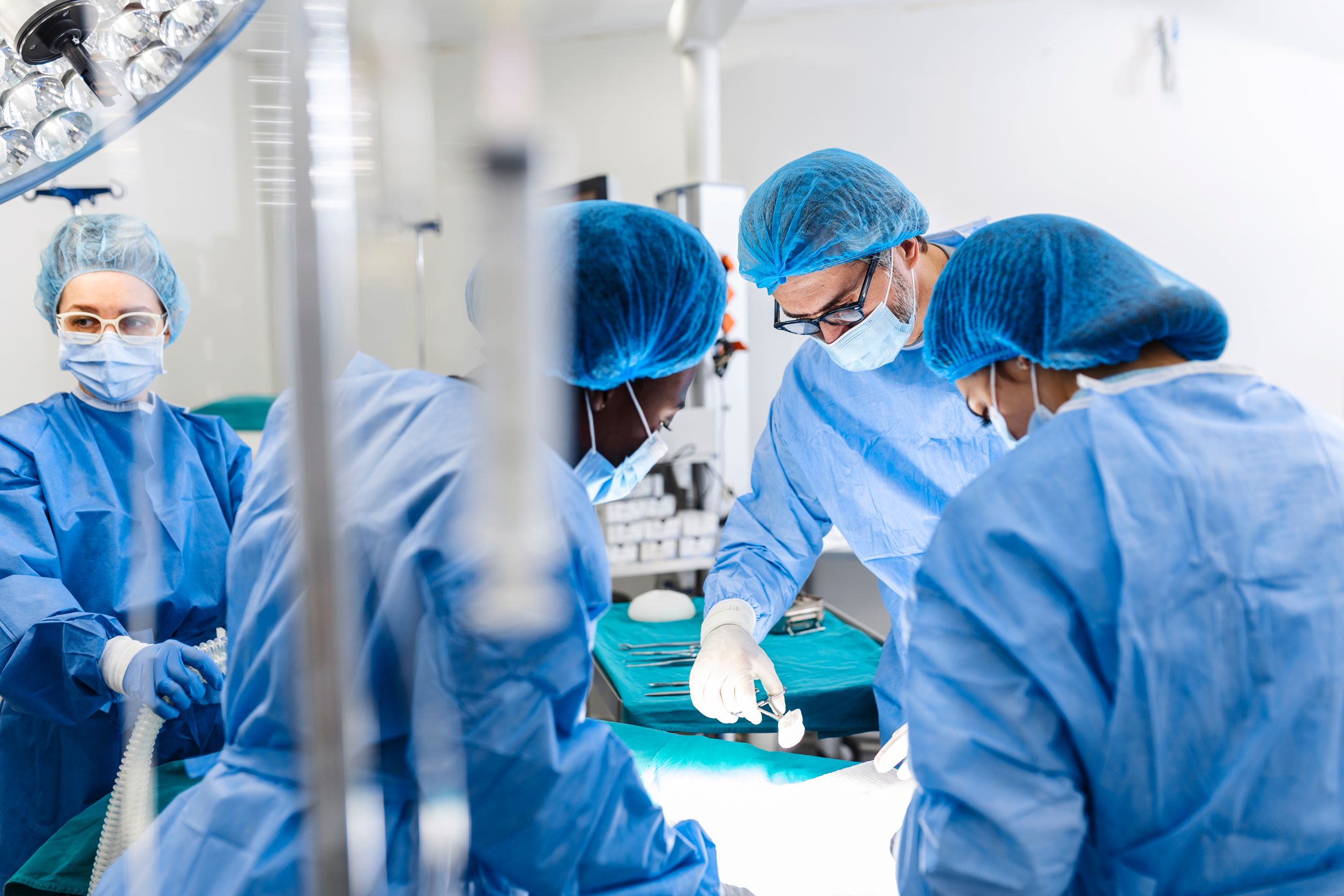Let’s keep the surgical hub momentum going

In 2021, the government made significant capital injections to develop surgical hubs across the country, maintaining this support in 2022 is critical to transforming patient care. Tamora Langley, Head of Media, Policy and Public Affairs at the Royal College of Surgeons of England writes for Hospital Times.
Momentum is building for surgical hub development. The £700 million from the government announced in December 2021 to boost elective care capacity this winter comes with crucial support for surgical hub development. This follows a capital injection of £1.5 billion detailed within the Chancellor’s 2021 autumn budget for new surgical hubs, increased bed capacity and new equipment.
Trusts are already getting to work. We have seen a range of different approaches to developing surgical hubs during the pandemic, with local areas making pragmatic design decisions in the context of their existing physical infrastructure. Three examples of these hubs in action are listed below.
St George’s University Hospitals NHS Foundation Trust built a modular unit in the car park of Queen Mary’s Hospital in Roehampton in a matter of months. The cost of modular operating theatre complexes range from £4,800 – £6,000 per m², making them relatively affordable, as well as quick to build. There will be different sized hubs addressing different levels of need, ranging from high volume, low complexity’ hubs, and also ‘hubs within hospitals’, where more complex surgery can be undertaken.
Hubs within existing hospitals will likely require additional capital investment; to create additional separate diagnostic areas and purchase equipment that can be used solely for planned care and kept ‘Covid-light’. We hope to see support for both types of surgical hubs feature prominently within the government’s Elective Recovery Plan.
The principle of separating planned care from emergency care is not new, but in the context of Covid-19 it becomes imperative. Before the pandemic, the NHS ran ‘hot’, with limited spare capacity and high bed occupancy. This strategy sought to deliver efficiencies, with hospitals flexing seasonally to focus on emergency and urgent care when ‘winter pressures’ were high, knowing they could increase planned elective work when pressures receded. But this year the ‘winter pressures’ have been visible since July, impeding the recovery of elective services.
The independent sector has been used effectively to boost NHS capacity in the past. But the independent sector does not have sufficient capacity to deal with the record backlog of care in the NHS. Furthermore, independent hospitals are concentrated in the South East of England. Keeping planned surgery running year-round without exacerbating health inequalities will require broader levels of investment across the country.
In Croydon University Hospital, an ‘elective centre’ was launched at the hospital to restart surgery following the pandemic, with 10 theatres and 28 beds ring-fenced for surgical patients. The centre has strict infection control policies and controlled access to protect staff and patients from Covid-19. In a separate part of the hospital, emergency admissions and Covid-positive patients are treated. Through this model, elective productivity returned to over 100 per cent of pre-lockdown levels for routine procedures and Croydon Hospital’s waiting times were the second lowest compared to eight other London hospitals in February 2021.
Barking, Havering and Redbridge University Hospitals NHS Trust (BHRUT) deployed a three-pronged approach of (i) increasing the number of surgical procedures through extended weekend operating, additional staff to pre-assess patients and dedicated ITU beds to avoid last-minute cancellations (ii) enhancing outpatient services with additional weekend clinics and targeted drives to reduce waits for first appointments and (iii) workforce innovation (an Enhanced Surgical Team bolstered by training programmes and Surgical Advanced Nurse Practitioners). The Elective Recovery Fund was key to supporting this approach.
St George’s University Hospitals NHS Foundation Trust built a modular unit in the car park of Queen Mary’s Hospital in Roehampton. It was constructed in less than four months and started treating patients in June 2021. The hub is available for patients from across south west London requiring day surgery procedures, such as urology, vascular and general surgery procedures. It has four dedicated operating theatres along with a recovery area, and can facilitate approximately 120 procedures a week.
